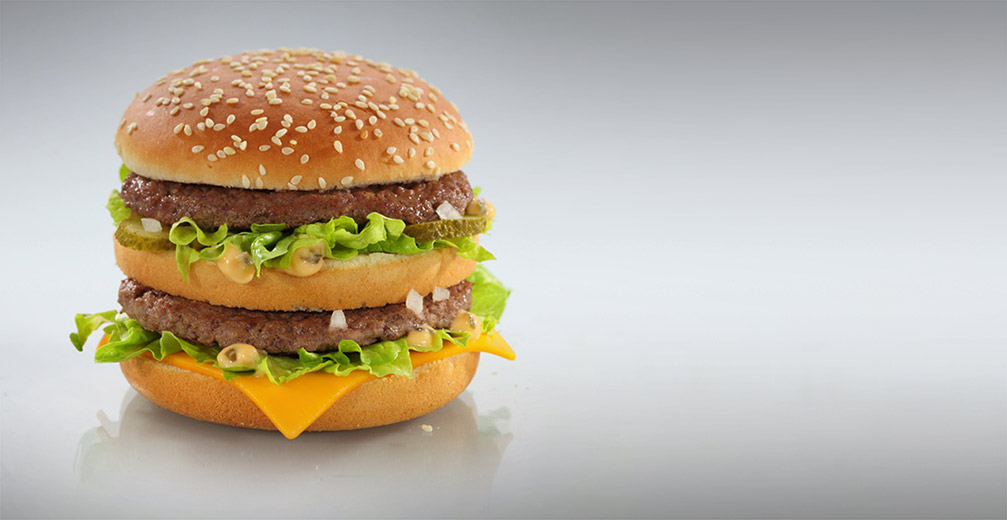Your contact
In its decision of 11 January 2019 the Cancellation Division of the European Union Intellectual Property Office (EUIPO) ruled to revoke McDonald’s European Union trademark for “BIG MAC”. The EUIPO came to the conclusion that McDonald’s had failed to demonstrate the genuine use in respect of the goods and services covered by the registration.
In 1996 McDonald’s filed the trademark “BIG MAC” for various types of edible sandwiches and restaurant businesses in the Nice classes 29, 30 and 42. The trademark has been renewed twice.
Based inter alia on this earlier “BIG MAC” trademark (EU 000 062 638) McDonald’s opposed the “SUPERMAC’S” trademark (EU 012 680 591) in 2014 which had been filed by the Irish company Supermac’s for the almost identical goods and services. The opposition was upheld especially for hamburgers.
Immediately thereafter, in 2017 the year of the 50th anniversary of “BIG MAC”, the Irish company Supermac’s applied for the revocation of the European Union trademark “BIG MAC” based on grounds of lacking genuine use for the continuous period of five years in relation to any of the registered goods and services.
For the proof of use McDonald’s submitted affidavits, advertising material, print screens from its websites all over Europe as well as Wikipedia printouts. Furthermore, McDonald’s claimed that the use in Germany, France and the United Kingdom – as three of the economically most important Member States – should be sufficient to prove that the mark is used in the whole European Union. Besides the use of the trademark for a sandwich should be considered as use for its ingredients likewise.
Supermac’s argued, the trademark “BIG MAC” if at all had been used in relation to a sandwich including beef, lettuce, cheese, pickles, onions and a special sauce.
The EUIPO found in its ruling, that according to European law “evidence of use must establish the place, time, extent and nature of use of the contested trade mark for the goods and/or services for which it is registered” and it “must provide sufficient indication of all of these factors in order to prove genuine use. Failure to fulfil one of the conditions will lead to the evidence of use being rejected as insufficient“. In light of the foregoing, the evidence put forward by McDonald’s was found to be insufficient, in particular as McDonald’s did not produce any evidence of actual sales of products or any commercial transaction under the “BIG MAC” trademark.
In particular, affidavits are statements of the parties and are given less weight unless the content is supported by other means of evidence, which should originate from an independent source. With regard to the advertising material it has to be demonstrated nature and extent of the distribution. Websites need to show place, time and extent of use, e.g. that it has been accessed (e.g. records relating to internet traffic and hits) and/or orders have been placed through it. Wikipedia entries can be amended by users at any time, so that they are not a reliable source of information.
According to the EUIPO McDonald’s had not proven genuine use of the “BIG MAC” trademark for any of the goods and services for which it is registered, the application for revocation was successful and the contested trademark has to be revoked in its entirety.
McDonald’s still has a right to appeal against this decision, whereas the notice of appeal must be within two months of the date of its notification.
However, McDonald’s is owner of further trademarks, inter alia “GRAND BIG MAC” (EU 016 485 674) in class 30 for edible sandwiches or the trademark “BIG MAC” in classes 29, 30, 43 (EU 017 305 079) both filed in 2017.
So that it must be considered, that the dispute between McDonald’s and Supermac’s is far from being settled.
Further Information:







